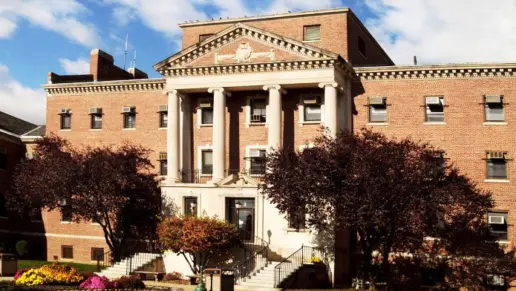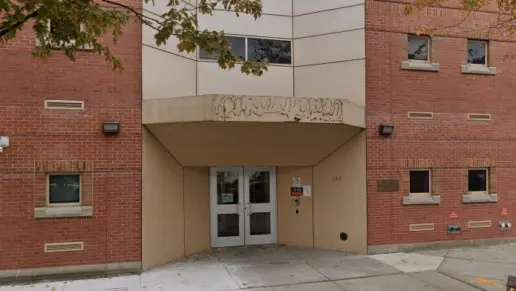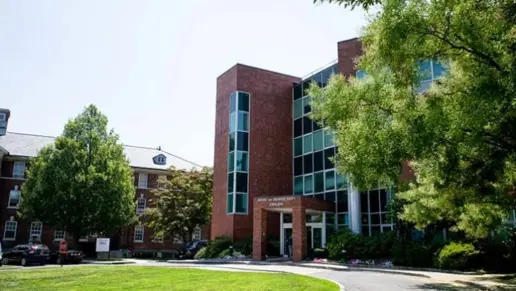About Willard Drug Treatment Campus
Willard Drug Treatment Campus was a specialized state prison in Willard, New York. The prison’s main goal was to treat inmates who were addicted to drugs. Willard was a 900 bed intensive drug treatment facility for men and women that was modeled after a boot camp.
For people found guilty of drug offenses and parole violations, this voluntary 97 day treatment program offered an alternative to returning to a state prison usually for a year or longer. They were licensed by the state Office of Alcoholism and Substance Abuse Services and run by the Division of Parole and the New York State Department of Corrections and Community Supervision.
Facility Overview
Latest Reviews
Rehab Score
Gallery
-696x392.webp)
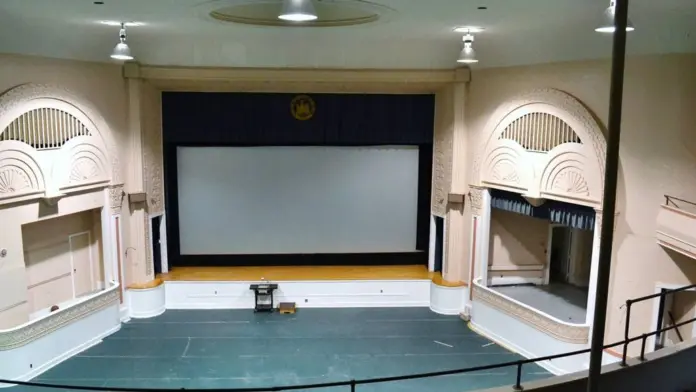
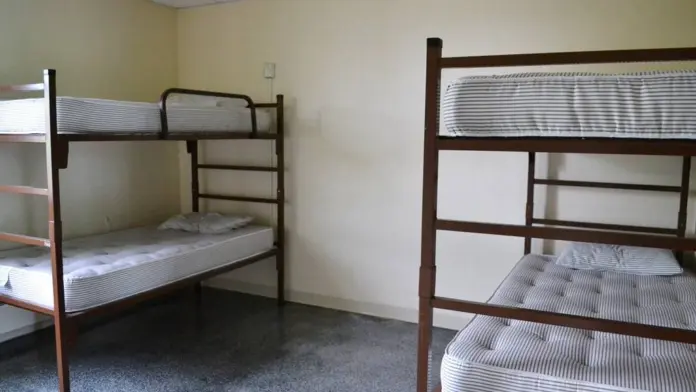
Location
Other Forms of Payment
Private insurance refers to any kind of healthcare coverage that isn't from the state or federal government. This includes individual and family plans offered by an employer or purchased from the Insurance Marketplace. Every plan will have different requirements and out of pocket costs so be sure to get the full details before you start treatment.
Self-pay involves paying for treatment out of your own pocket. You can use savings or credit, get a personal loan, or receive help from family and friends to fund your treatment. If you don't have insurance or your insurance plan doesn't cover a specific program, self-pay can help ensure you still get the care you need.
Financial aid can take many forms. Centers may have grants or scholarships available to clients who meet eligibility requirements. Programs that receive SAMHSA grants may have financial aid available for those who need treatment as well. Grants and scholarships can help you pai for treatment without having to repay.
Addiction Treatments
Levels of Care
Treatments
The goal of treatment for alcoholism is abstinence. Those with poor social support, poor motivation, or psychiatric disorders tend to relapse within a few years of treatment. For these people, success is measured by longer periods of abstinence, reduced use of alcohol, better health, and improved social functioning. Recovery and Maintenance are usually based on 12 step programs and AA meetings.
When you choose drug rehab in New York, you'll participate in a variety of treatments that are designed to help you live a drug-free lifestyle. Common methods of treatment include group, individual, and family counseling, medication management, nutrition, exercise, and management of co-occurring mental health disorders.
Opioid rehabs specialize in supporting those recovering from opioid addiction. They treat those suffering from addiction to illegal opioids like heroin, as well as prescription drugs like oxycodone. These centers typically combine both physical as well as mental and emotional support to help stop addiction. Physical support often includes medical detox and subsequent medical support (including medication), and mental support includes in-depth therapy to address the underlying causes of addiction.
Substance rehabs focus on helping individuals recover from substance abuse, including alcohol and drug addiction (both illegal and prescription drugs). They often include the opportunity to engage in both individual as well as group therapy.
Programs


Clinical Services
Whether a marriage or other committed relationship, an intimate partnership is one of the most important aspects of a person's life. Drug and alcohol addiction affects both members of a couple in deep and meaningful ways, as does rehab and recovery. Couples therapy and other couples-focused treatment programs are significant parts of exploring triggers of addiction, as well as learning how to build healthy patterns to support ongoing sobriety.
Research clearly demonstrates that recovery is far more successful and sustainable when loved ones like family members participate in rehab and substance abuse treatment. Genetic factors may be at play when it comes to drug and alcohol addiction, as well as mental health issues. Family dynamics often play a critical role in addiction triggers, and if properly educated, family members can be a strong source of support when it comes to rehabilitation.
Group therapy is any therapeutic work that happens in a group (not one-on-one). There are a number of different group therapy modalities, including support groups, experiential therapy, psycho-education, and more. Group therapy involves treatment as well as processing interaction between group members.
In individual therapy, a patient meets one-on-one with a trained psychologist or counselor. Therapy is a pivotal part of effective substance abuse treatment, as it often covers root causes of addiction, including challenges faced by the patient in their social, family, and work/school life.
Amenities
-
Private Rooms
Staff

Board of Parole Chair
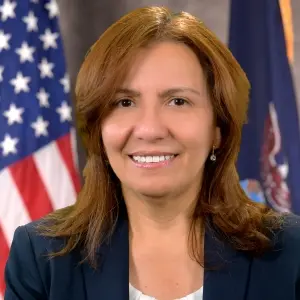
Executive Deputy Commissioner
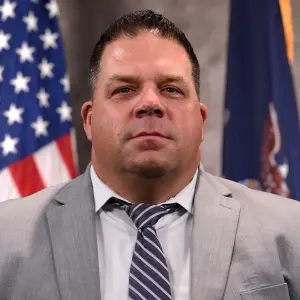
Deputy Commissioner for Administrative Services
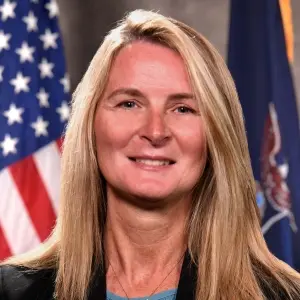
Associate Commissioner/Chief of Staff to the Commissioner

Deputy Commissioner for Correctional Facilities
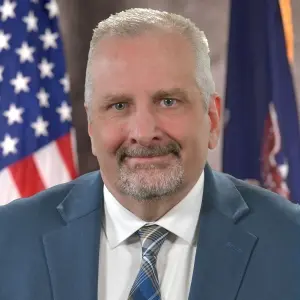
Associate Commissioner of Mental Health
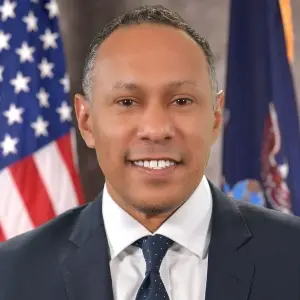
Deputy Commissioner & Counsel
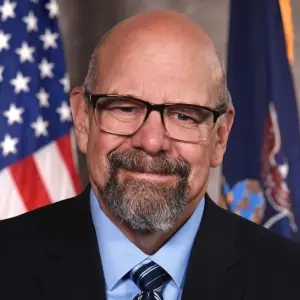
Director of Public Information
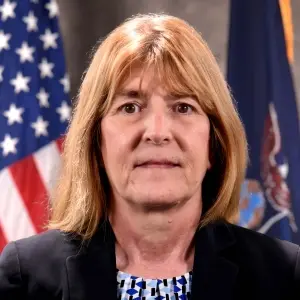
Deputy Commissioner of Strategic Planning & Population Management
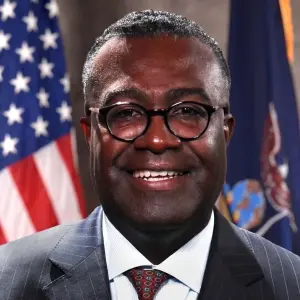
Deputy Commissioner for Correctional Industries, Compliance Standards & Diversity
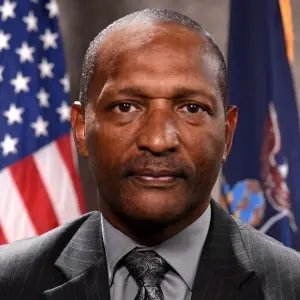
Deputy Commissioner for Program Services
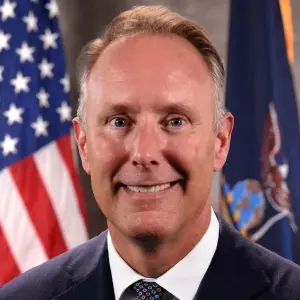
Deputy Commissioner & Chief
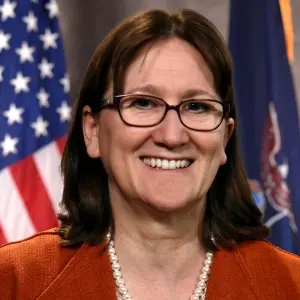
Deputy Commissioner & Chief Medical Officer
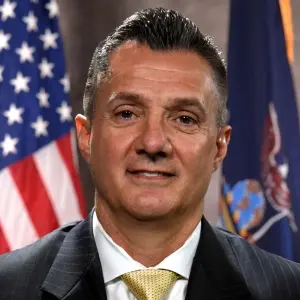
Deputy Commissioner for Community Supervision
Contact Information
7116 County Road 132
Willard NY, 14588
